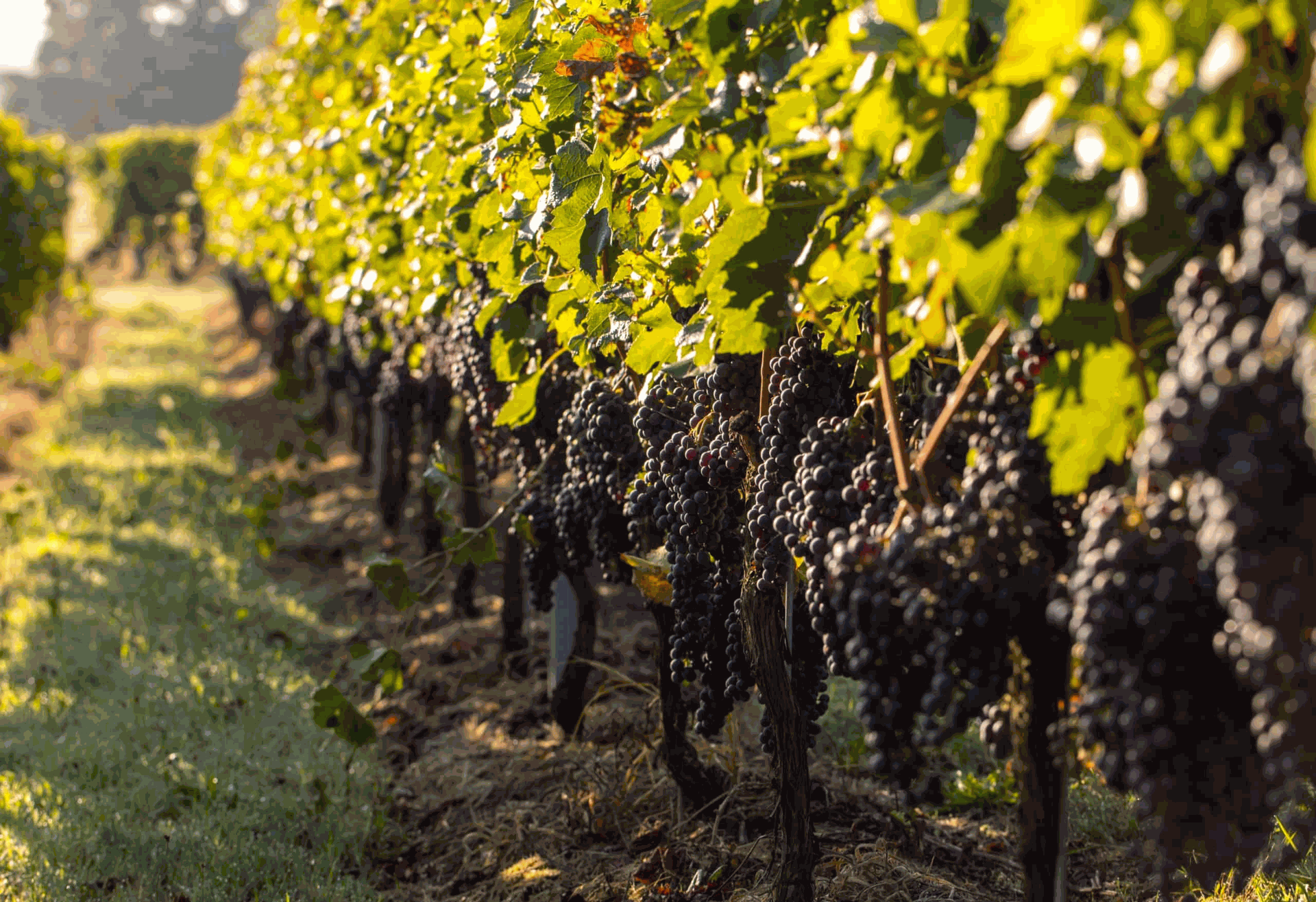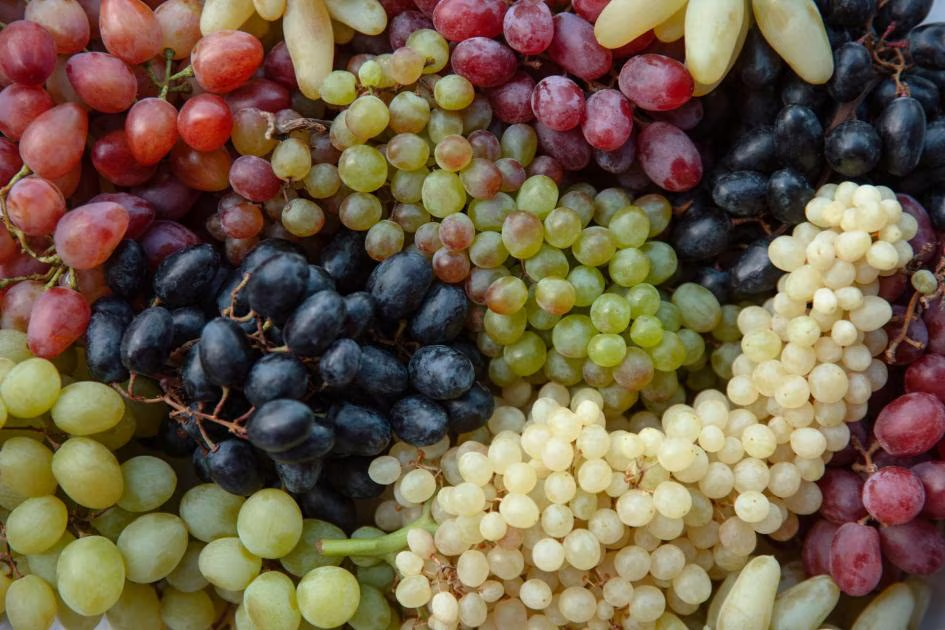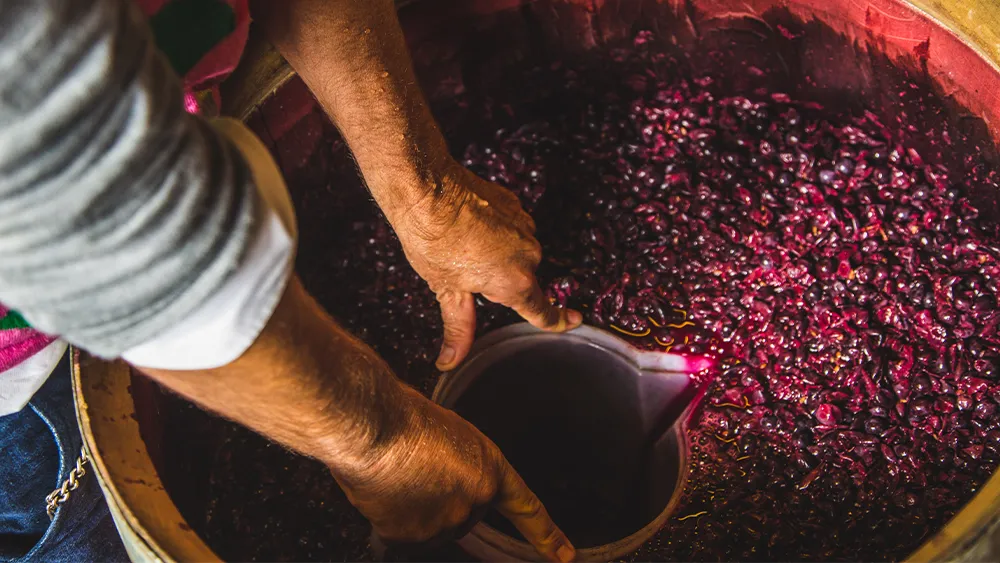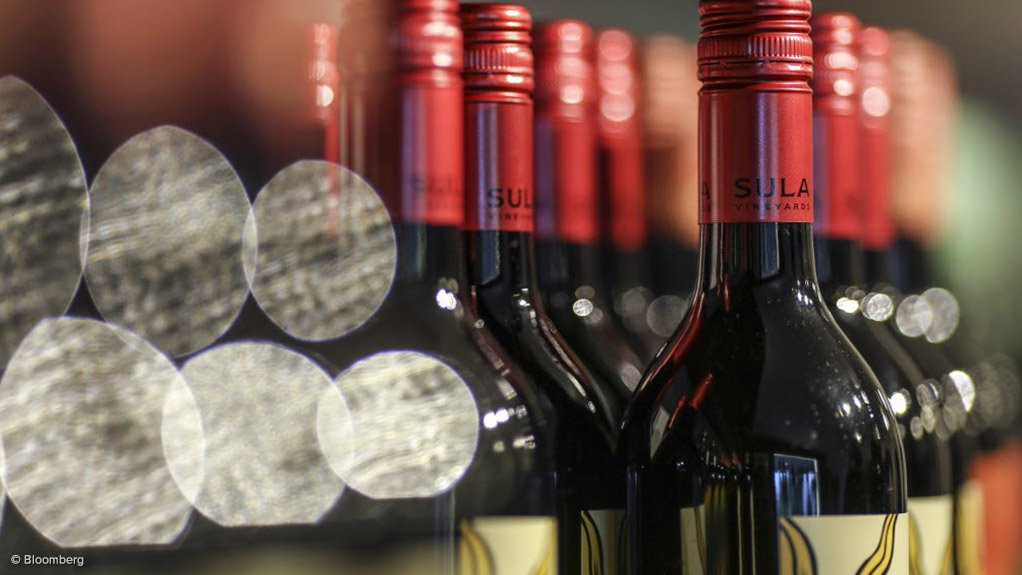If you've ever strolled down the wine aisle, you've likely noticed a wide range of prices—from the affordable everyday bottles to those that cost as much as a fancy dinner. So, what exactly makes some wines more expensive than others? Is it just a marketing gimmick, or is there something more to it? Let’s uncork the mystery and delve into the factors that influence wine prices.
The Vineyard: Where It All Begins
The journey of wine starts in the vineyard, and like real estate, location matters—a lot. Wines from prestigious regions, like Bordeaux or Napa Valley, often command higher prices because of the land's unique qualities. These regions have the perfect combination of climate, soil, and topography (what the French call "terroir"), which are essential for growing high-quality grapes.
For example, a wine from a small, family-owned vineyard in the hills of Tuscany, where each vine is carefully tended to by hand, will typically cost more than a wine mass-produced in a large, industrial vineyard. The labor, attention to detail, and limited production all contribute to the price tag.

Grape Varieties: The Building Blocks of Wine
Not all grapes are created equal. Some grape varieties are more challenging to grow, require specific conditions, or yield less fruit per vine. For instance, Pinot Noir, known for its delicate skin and finicky growing requirements, is often more expensive than hardier varieties like Merlot or Cabernet Sauvignon. The cost of cultivating these grapes is reflected in the price of the wine.

The Winemaking Process: Craftsmanship in a Bottle
Winemaking is both an art and a science, and the techniques used can greatly influence the final price of the wine. Wines that are aged in oak barrels, for example, often have a higher price point due to the cost of the barrels and the time required for aging. Oak imparts flavors of vanilla, spice, and toastiness, adding complexity to the wine.
Moreover, some winemakers might employ labor-intensive techniques, such as hand-harvesting, whole cluster fermentation, or extended aging, which all require more time, effort, and skill. These meticulous processes are often reserved for premium wines, contributing to their higher price.

Supply and Demand: The Economics of Wine Pricing
Like any product, wine prices are influenced by supply and demand. Limited-edition or small-batch wines can fetch higher prices simply because there are fewer bottles available. On the flip side, wines produced in large quantities can be sold at lower prices due to economies of scale.
Demand also plays a significant role. A wine from a well-known producer or a region experiencing a surge in popularity can see prices soar, even if the production costs remain the same. Think of how Champagne prices are affected by the global demand for celebratory bubbles.

Marketing and Prestige: The Name on the Label
Branding and reputation can also drive up the cost of wine. Wines from renowned producers or those with prestigious labels often come with a premium price, partly because of their established reputation. Consumers are willing to pay more for a wine from a famous estate or one with a history of high ratings from critics.
Marketing efforts, such as limited releases or exclusive bottlings, can create a sense of scarcity and desirability, further increasing the wine's price. It's similar to how luxury brands in fashion command higher prices for their name alone.
Quality vs. Perception: Are Expensive Wines Always Better?
Now, you might wonder, does a higher price always mean better wine? The answer is... not necessarily. While price can be an indicator of quality, particularly in terms of craftsmanship and ingredients, it's also influenced by factors like marketing, brand prestige, and scarcity.
In the end, the "best" wine is subjective—it’s the one you enjoy the most, regardless of the price. Some wine enthusiasts might find joy in discovering affordable gems, while others may prefer the exclusivity and story behind a high-priced bottle.
Finding Value in Every Price Range
Understanding why some wines are more expensive than others helps you make more informed choices, but it doesn’t mean you have to break the bank to enjoy a good glass of wine. Whether you're exploring budget-friendly options or indulging in something more luxurious, there’s value to be found in every price range.
The next time you're shopping for wine, consider what factors are most important to you—is it the region, the grape variety, or perhaps the story behind the winemaker? With this knowledge in hand, you'll be better equipped to find a bottle that not only suits your palate but also your wallet.
If you've ever wondered what sets luxury wines apart, why not experience the difference yourself? Explore the Andre Clouet "1911" NV and the Arnaud Ente Meursault 2018. Both represent the craftsmanship, prestige, and unique terroirs that elevate a wine from good to exceptional. Discover the true value behind these exquisite bottles and taste the factors that make them stand out in the world of wine.